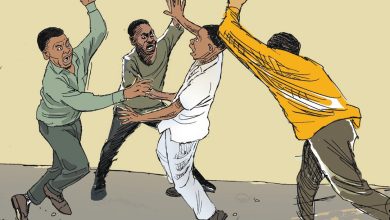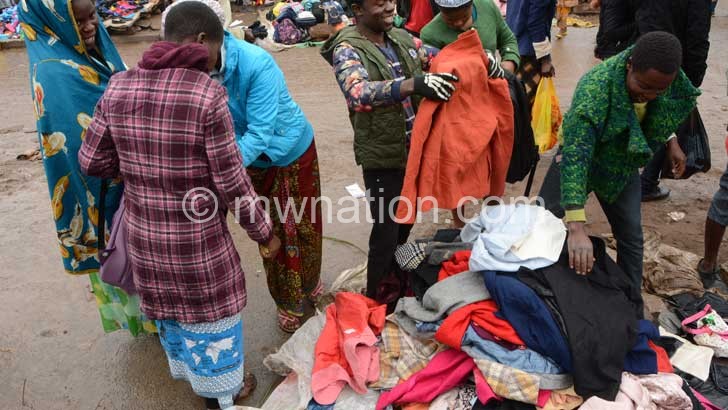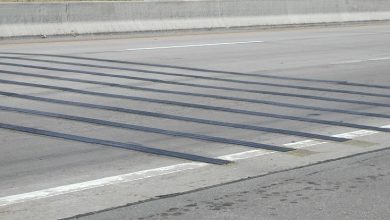Online space is under-utilized by women
The rise of the Internet has spurred the development of web-based communication platforms. Digital platforms have been growing stronger throughout the last decade, facilitating the exchange of information. Online content has undergone transformation from being a source of raw data to also becoming an interactive tool, enabling the public to collaborate on projects through the exchange of knowledge and opinions.
As a result, consumers of information have now also become producers of information. People with common interests organise online groups and societies, also known as social media communities— in which every participant can contribute by using tools such as social networks, videos, blogs and photo-blogging. The Internet enables creation of inclusiveness and a new dimension for public relations.
Social media has established new ways of communicating and creating perceptions between businesses and consumers, organisations and their audiences, political offices and their electorate.
Though in Malawi the development of online platforms began comparatively recently, they have already achieved some success. Now both the quality and quantity of social media networks and communities have improved.
While the penetration and attractiveness of these social media differ according to people’s age, preference and social activity and income— YouTube and Instagram are relatively expensive because they use a lot of bundle to download pictures and videos respectively, but the general trend is pointing towards ever increasing growth of Malawians using these networks.
One of such users that have somehow recently realised the power of social media, are politicians. While at the onset of social media, many Malawians especially, those who fall in the generation X dismissed social media as a space where children play hence not worth of using if sending official or “serious” matters, events in the recent past have shown how politicians and those in political offices have embraced social media as a tool for political organisation and campaign.
Social media has dramatically changed the way in which modern political organisations and campaigns are run. With more young generation coming into the voting population, social media is the platform on which politicians are establishing themselves and engaging with the voters. In a digital age, social media has become more important than traditional media to the politicians. Online presence of politicians and political organisations is somewhat equated to their physical presence.
Politicians and their organisations are ever striving to be seen by the electorate and somehow, social media provides them with that opportunity.
However, women have been left out. Women, especially those vying for political positions are yet to fully embrace the digital space as a space where they can mobilise their electorates and articulate their political wishes.
Women politicians have been shy online. Some argue that online popularity doesn’t translate to anything, especially in the Malawi context, but no one can dispute the power of social media to shape people’s perceptions and opinions towards a particular candidate. Politics is all about perception and visibility—and what a better and cheaper way to score this than on social media?
Women aspirants, save for Juliana Lunguzi, who has been active on social media, need skills in this area if they are to appeal to the young generation that may not have time to attend rallies but will definitely not miss a WhatsApp or Facebook post. Follow them where they are.




